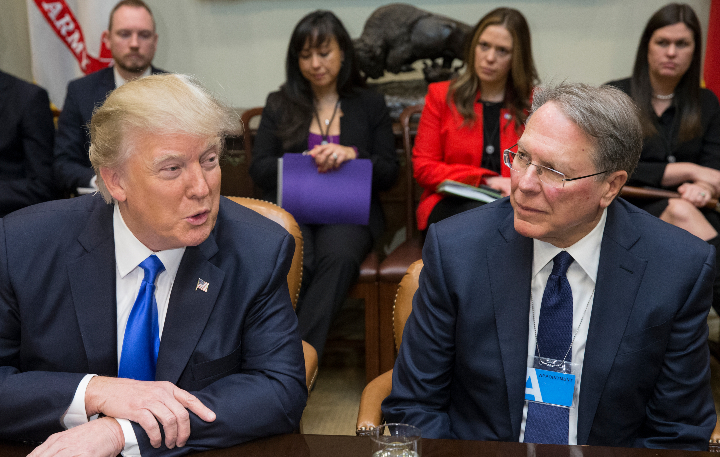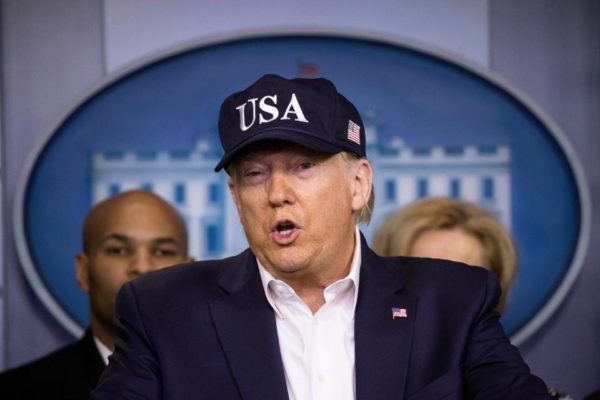As the number of coronavirus infections continues to climb across the country — particularly now in the South and West — the Trump administration is planning to end its funding and support for coronavirus testing sites at the end of the month.
A Department of Health and Human Services spokesperson tells NBC News the federal government is instead “broadening its community testing support to a more sustainable model, specifically: continued support of retail and pharmacy partnerships in more than 600 locations and offering COVID-19 testing at over 1,300 Federally Qualified Health Centers (FQHCs) nationally.”
The Trump administration initially planned to transition the so-called Community-Based Testing Sites program to local control back in April but extended the federal support after pushback from local lawmakers.
One source described that move as a “one-time only” extension.
As of Wednesday, there are 13 federally supported testing sites located in five states: Illinois and New Jersey each have two, Colorado and Pennsylvania each have one and Texas has seven.
A spokesperson for Texas Republican Sen. Ted Cruz said he “has urged and will continue to urge HHS and FEMA to extend the community testing sites in Texas.”
Rocky Vaz — the director of emergency management for Dallas, Texas — said that the city has “a plan and the capacity to continue testing.” But public health experts note that as states assume responsibility for these testing sites, it could complicate contact-tracing and other mitigation efforts.
Brett Giroir, the assistant HHS secretary for health, said a statement: “The federal government is not ending funding or support for COVID-19 testing sites. On the contrary, we have expanded from the original 41 sites to over 600 in 48 states and the District of Columbia in the federal bundled payment program to pharmacies, and enabled over 1400 additional pharmacy sites through regulatory flexibility empowering pharmacists and facilitating billing and reimbursement.”
“HHS will continue to increase testing capacity overall, and make it more accessible especially to underserved communities,” the statement said.



